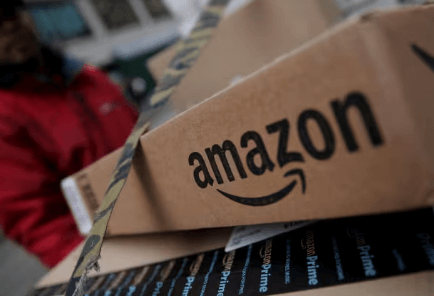Amazon Consumers to Higherpriced Items Claims

The relationship between Amazon consumers and their perception of higher-priced items raises intriguing questions about Amazon Consumers to Higherpriced Items Claims. Many shoppers equate elevated prices with superior quality, a notion that has significant implications for purchasing behavior. Yet, as consumers increasingly demand transparency in pricing, the effectiveness of this perception is being challenged. This evolving landscape prompts a closer look at how Amazon navigates these claims and the potential ramifications for both consumers and the platform itself. What strategies might emerge as a response to this shifting dynamic?
Read also: Animated:0tdforko6yi= Gif Backgrounds
Consumer Concerns About Pricing
As consumers increasingly navigate the online marketplace, particularly on platforms like Amazon, their concerns about pricing have evolved significantly.
Price sensitivity has sharpened as shoppers demand transparency and fairness, compelling retailers to foster consumer trust.
Data indicates that price discrepancies can erode confidence, leading to hesitation in purchases.
Understanding these dynamics is crucial for businesses aiming to retain loyal Amazon Consumers to Higherpriced Items Claims in a competitive landscape.
Perceived Value of Higher-Priced Items
The perceived value of higher-priced items on platforms like Amazon is influenced by a complex interplay of consumer psychology, brand reputation, and product attributes.
Consumers often associate higher prices with perceived quality, leveraging pricing psychology to justify their purchases. This perception can enhance brand loyalty, as individuals seek freedom in making informed choices that reflect their values and desires for superior products.

Impact of Reviews and Ratings
Consumer perceptions of higher-priced items are significantly shaped by reviews and ratings, which serve as pivotal indicators of product quality and reliability.
The authenticity of reviews greatly influences purchasing decisions, as consumers seek genuine feedback.
However, instances of rating manipulation can distort true product value, leading to mistrust.
Understanding these dynamics is essential for navigating the complexities of online shopping and making informed choices.
Amazon’s Response to Claims
In response to increasing scrutiny over the integrity of product reviews and ratings, Amazon has implemented a range of measures aimed at enhancing the credibility of its marketplace.
These initiatives include improved price transparency and rigorous competitive analysis to ensure fair pricing.
Read also: Anime:_4tbdypevao= Body Drawings
Conclusion
In the face of mounting Amazon Consumers to Higherpriced Items Claims scrutiny over pricing practices, the irony emerges that higher prices, once a hallmark of perceived quality, now evoke skepticism rather than trust. This evolving landscape necessitates a delicate balance for Amazon, where the very pricing strategies that once signaled reliability may now undermine consumer confidence. As transparency becomes paramount, the challenge lies in reconciling the traditional associations of price with value in an era demanding fairness and accountability.




